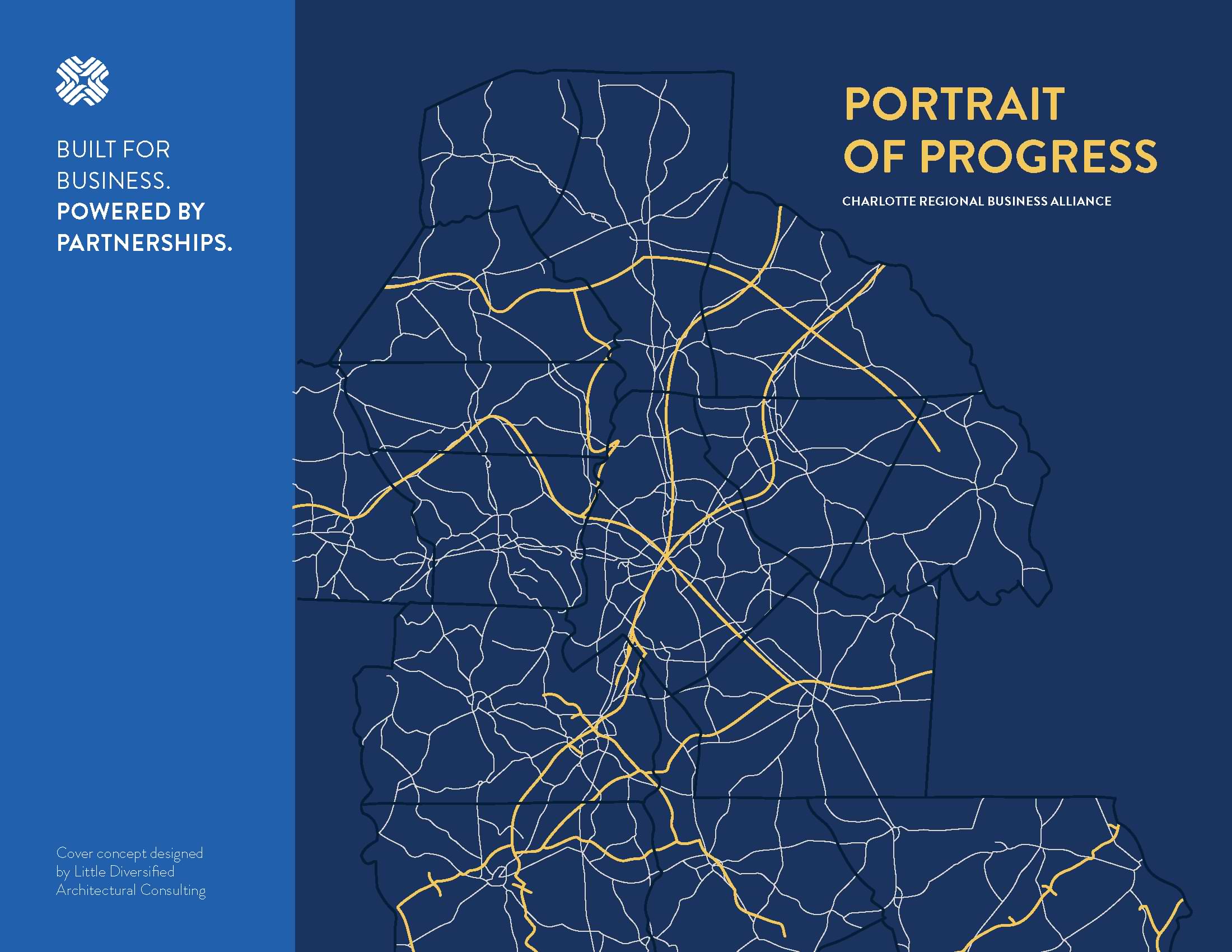A little more than two months ago, Mayor Vi Lyles and a parade of corporate and civic leaders gathered on the campus of Johnson C. Smith University to announce a $250 million racial equity campaign.
That day, they disclosed initial commitments of close to $200 million, or 80% of their fundraising target. The Mayor’s Racial Equity Initiative, as the program is called, aims to:
- Increase investment, development, and jobs in the city’s neediest neighborhoods, which often have majority-minority populations.
- Provide computers and reliable, fast Internet access to low-income areas, where the digital divide creates hurdles in education, health care, and other essential services and needs.
- Boost diversity in the executive ranks among major companies by actively training and promoting Black, Hispanic, and other racial and ethnic minority employees.
- Make Johnson C. Smith, known as JCSU, one of the nation’s top 10 HBCUs (historically black colleges and universities).
On the latter point, JCSU President Clarence Armbrister this week spoke to CBJ about what’s happened on campus since the Racial Equity Initiative was unveiled.
He said JCSU is excited about the investments being made by the corporate and philanthropic communities — The Duke Endowment is giving $40 million to the school — and has turned its attention to realizing the goals set forth. The Duke Endowment, from its inception in 1924, named JCSU as one of four schools receiving donations.
The Charlotte Executive Leadership Council, comprised of executives from the region’s largest employers, collaborated with Mayor Lyles and other philanthropic and civic leaders to develop the funding and improvement goals announced in November. And those executives have promised to donate time and expertise as well as money to the various causes, something Armbrister is already seeing at JCSU.
“Trying to get all of those things done and marry them with our existing operations is a challenge,” Armbrister told me. “Among the things the overarching plan called for was the introduction of a person who is going to help us drive that change.”
JCSU’s board chair, Shirley Hughes, created a task force late last year that includes business leaders who are part of the Racial Equity Initiative. Armbrister declined to disclose the names of the task force members. The task force is developing the criteria for hiring what will be an executive-level person to help carry out academic and career-preparedness goals set forth in an accompanying blueprint for becoming a top-tier HBCU.
Within the next few weeks, Armbrister added, two business executives who are part of the equity initiative will be announced as additions to JCSU’s board. The Charlotte Regional Business Alliance, which helped develop the goals and plans, is setting up tracking and reporting processes so that the public will know what’s being done and how effective it is.
Of the $250 million designated for the four focus areas listed above, nearly one-third — $80 million — is earmarked for JCSU. Of that amount, $75.8 million has been committed, according to The Foundation For The Carolinas, the nonprofit managing the fundraising campaign.
Armbrister was quick to say that $80 million is more of a starting point than an ending point. It is, he added, about “raising our consciousness and our profile. $80 million is great, but we need more.”
Read more in the Charlotte Business Journal about the work being done at JCSU and the challenges still ahead.
Copyright: Charlotte Business Journal


